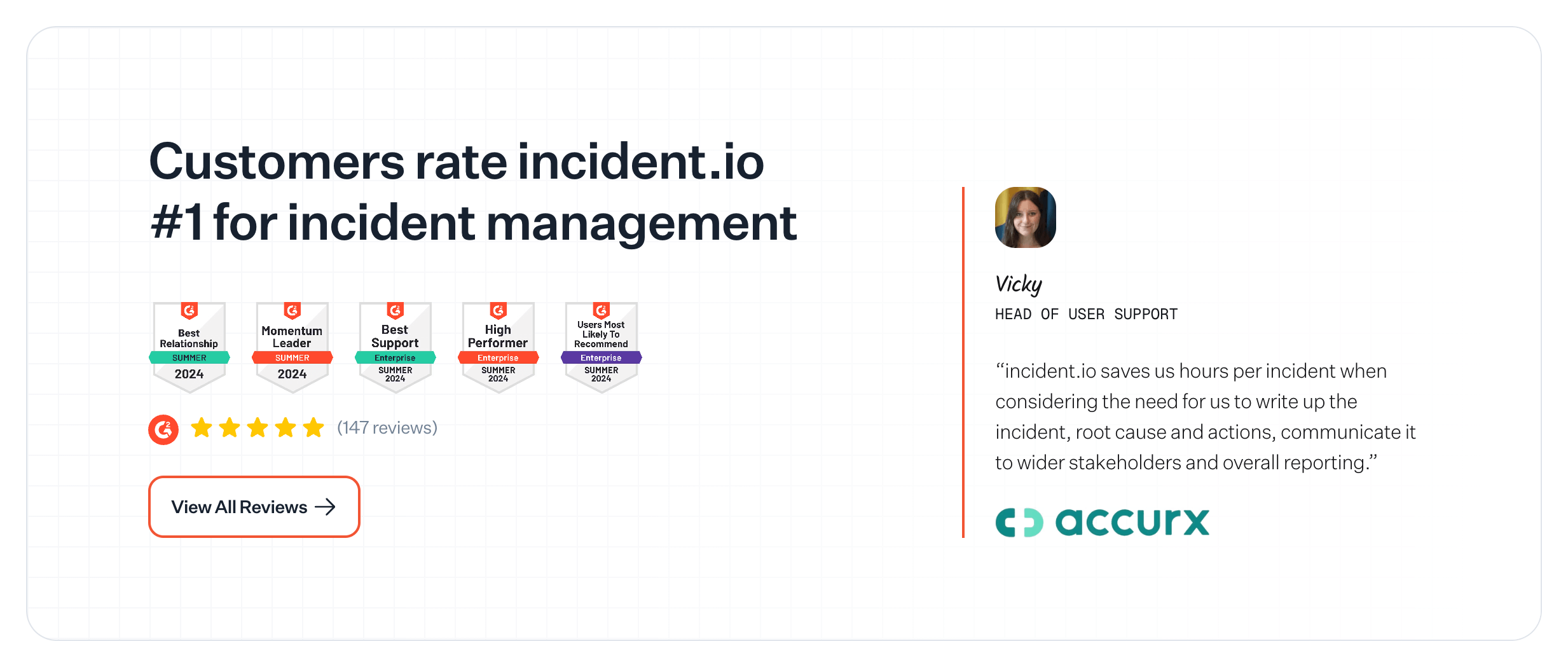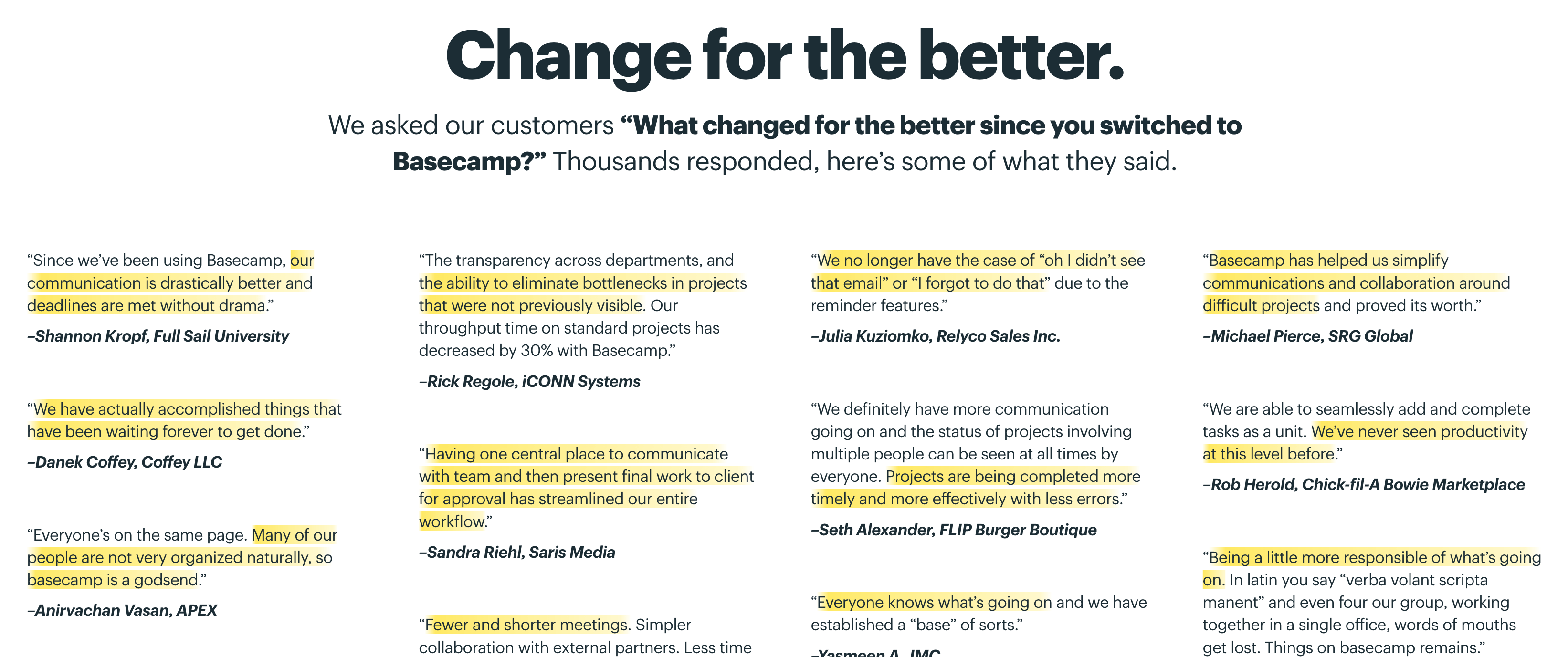“Trust is the glue of life. It’s the most essential ingredient in effective communication. It’s the foundational principle that holds all relationships.”
Stephen R. Covey
Picture this: You’re at a family reunion, and Uncle Larry, infamous for his dubious tales and less-than-stellar life choices, is recounting his latest get-rich-quick scheme. Your eyes glaze over as he describes his foolproof plan to breed miniature llamas in his suburban backyard. You’d almost feel bad for him if he hadn’t been peddling weird ideas like this since the early 90s. Llamas, Larry? Really?
Just as you’re plotting your escape, Aunt Susan walks in.
Aunt Susan, with her impeccable sense of judgment, job at a well-known financial firm, and the air of someone who’s never missed a payment on anything ever. When she shares a new investment tip, suddenly, the room shifts. People lean in. Even the llamas seem interested.
This little scene is a microcosm of the magical world of trust signals in marketing. Just like Aunt Susan, trust signals are the calm, rational voices that tell your audience, “Relax, this isn’t a llama pyramid scheme.”
Uncle Larry, bless him, is what happens when your brand lacks trust signals. No one’s buying what he’s selling because, well…they don’t trust him. And in today’s crowded digital marketplace, looking trustworthy can be the difference between a sale and someone slamming the virtual door in your face.
What Exactly Are Trust Signals, Anyway?

Think of trust signals as the digital version of Aunt Susan’s sage wisdom. They’re the subtle, reassuring cues that whisper, “You’re making the right decision here.” These are things like customer reviews, professional endorsements, and certifications that say, “We’re legit.”
Without trust signals, your brand is just another Uncle Larry peddling miniature llama dreams.
But not all trust signals are created equal. A 5-star rating with no actual reviews? That’s an Uncle Larry trust signal. A detailed review from someone who explains how your product solved their specific problem? That’s Aunt Susan-level gold. One tells a story. The other just hopes you won’t notice the gaps.
Shopping Online: A Tale of Two Websites

Let’s say you’re shopping online for a new pair of running shoes. You find two websites: one looks like it was designed by someone still mourning the death of Myspace, while the other is sleek, modern, and has glowing reviews from people who appear to be real athletes—not just bots named ‘User1234.’
Unless you have a secret desire to travel back to 2003, you’re going with the modern site, right? That’s trust signals at work. They’re guiding your decision, whether you realize it or not.
Consumers are more skeptical than ever. They’ve seen too many “miracle” products and witnessed too many Uncle Larrys pushing half-baked ideas. Trust signals help break through that skepticism, making people feel safe and assured they’re not throwing their money into a llama-breeding fiasco.
Trust Signals Are About Making People Feel Safe

This is where it gets real. Trust signals aren’t just a box you check off on your marketing list; they’re like laying down a welcome mat that says, “Come on in, no tricks here.” They’re the handshakes, the nods of approval, the moments when your brand says, “We’ve got nothing to hide.”
But let’s be clear: slapping a “Trust Us!” sticker on your homepage isn’t going to cut it. Trust signals have to be genuine. They have to feel real. You wouldn’t take Aunt Susan seriously if she started promoting llama farming, would you? (And if she did, I’d start worrying about the economy.)
The Right Kind of Trust Signals

Let’s go back to Aunt Susan. Why do you trust her? Because she’s got a proven track record. She’s made smart choices, and she has the backing of a reputable firm. That’s the same with trust signals. Your customer reviews need to be detailed and authentic. Your endorsements should come from professionals or organizations that your audience respects.
A generic “Great product!” review won’t cut it. People want to know specifics—how did your product help someone, and why should they believe it’ll work for them too? Trust signals build the bridge between skepticism and belief. And they’re the unsung heroes of your marketing efforts.
Bringing It All Together
Incorporating trust signals into your marketing is like rolling out the red carpet for your audience. It says, “Come on in, you’re in the right place.” When people feel safe, they’re more likely to buy, engage, and even come back for more. It’s the same reason people flock to Aunt Susan for advice—she’s the warm, reliable figure in a world full of llama-breeders.
So, the next time you’re updating your website or launching a campaign, ask yourself: What would Aunt Susan do? And if all else fails, just remember: no one wants to buy a miniature llama from Uncle Larry.






